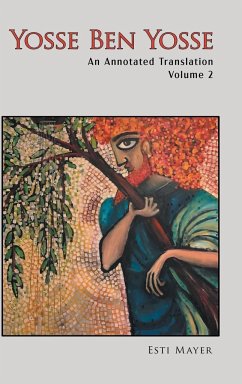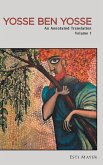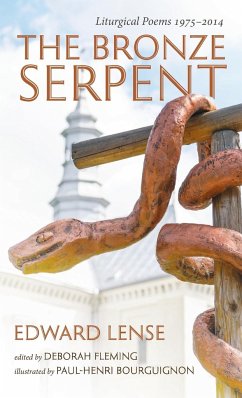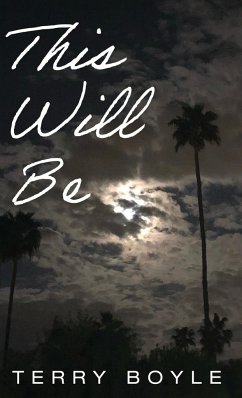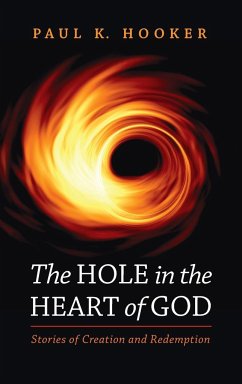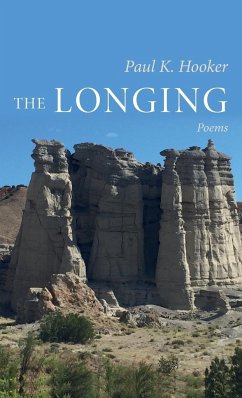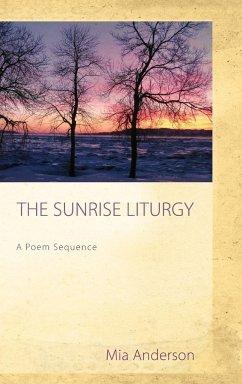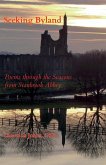The 15 liturgical poems (piyyutim) attributed to Yosse ben Yosse are presented in this book as an invitation to study this unique body of work, both in its original Hebrew and now, for the first time, in English as well. Set against the historical upheavals of fifth-century Jewish Palestine, these works are an important addition to existing historical records that have survived from late antiquity. Yosse ben Yosse, a distinctive priestly voice, contested rabbinic claims to authority. The similarities and differences between Yosse ben Yosse's narrative and the corresponding rabbinic narratives are instructive. They help describe the socio-political power relations between the priestly caste and the rabbis, and to glean some information regarding the rise of rabbinic Judaism. Rabbinic texts re-imagined the Yom Kippur temple rites as a site for the political validation of rabbinic authority over the priestly caste, seeking to cement rabbinic claims to henceforth be the uncontested authority in Jewish life. Yosse ben Yosse's narrative, on the other hand, focused on the re-enactment of Temple Avodah, with an eye to the restoration of the priestly authority over Jewish practice in the post-destruction era. The power contest between the revolutionary rabbinic movement and the conservative priestly caste discloses new aspects of the cultural and religious diversity of Jewish responses to the destruction of the Second Temple, when Jews were redefining their political allegiances and religious loyalties in late antiquity. The study thus contributes to our understanding of Jewish religious and political developments that took place in late antique Palestine.
Hinweis: Dieser Artikel kann nur an eine deutsche Lieferadresse ausgeliefert werden.
Hinweis: Dieser Artikel kann nur an eine deutsche Lieferadresse ausgeliefert werden.

